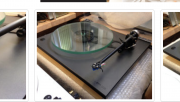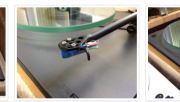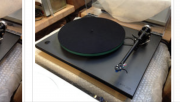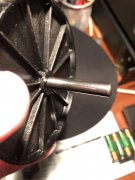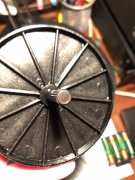- Joined
- Oct 15, 2014
- Messages
- 3,419
- Tagline
- ---not quite right
Seeing as it’s Father’s Day and dads old Denon is getting a little tired figured he needed an upgrade...
Found this Rega RP3 and pulled the trigger. Was a trade in at the shop that sold it new. Supposed to be mint mint mint condition and only a few hours use. Apparently the guy traded up to something astronomically expense.
Found this Rega RP3 and pulled the trigger. Was a trade in at the shop that sold it new. Supposed to be mint mint mint condition and only a few hours use. Apparently the guy traded up to something astronomically expense.
Attachments
-
3.2 MB Views: 15
-
2.9 MB Views: 15
-
3.4 MB Views: 12

